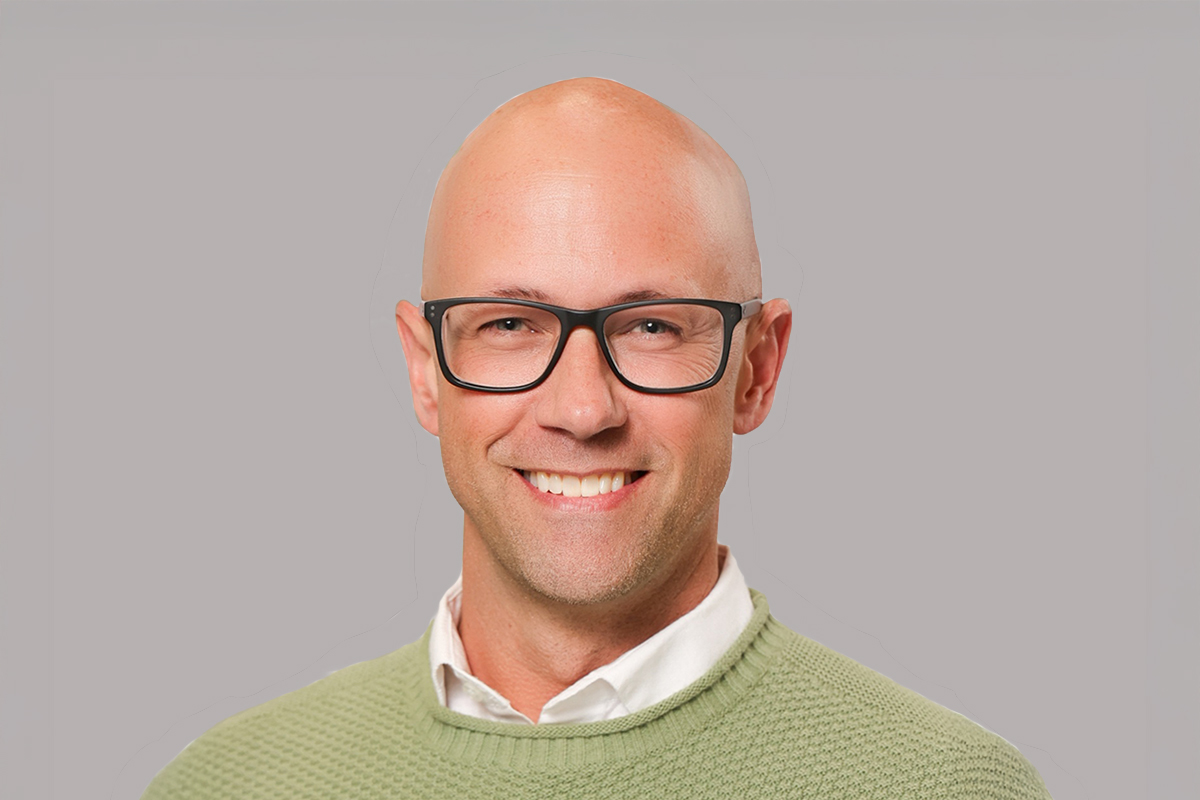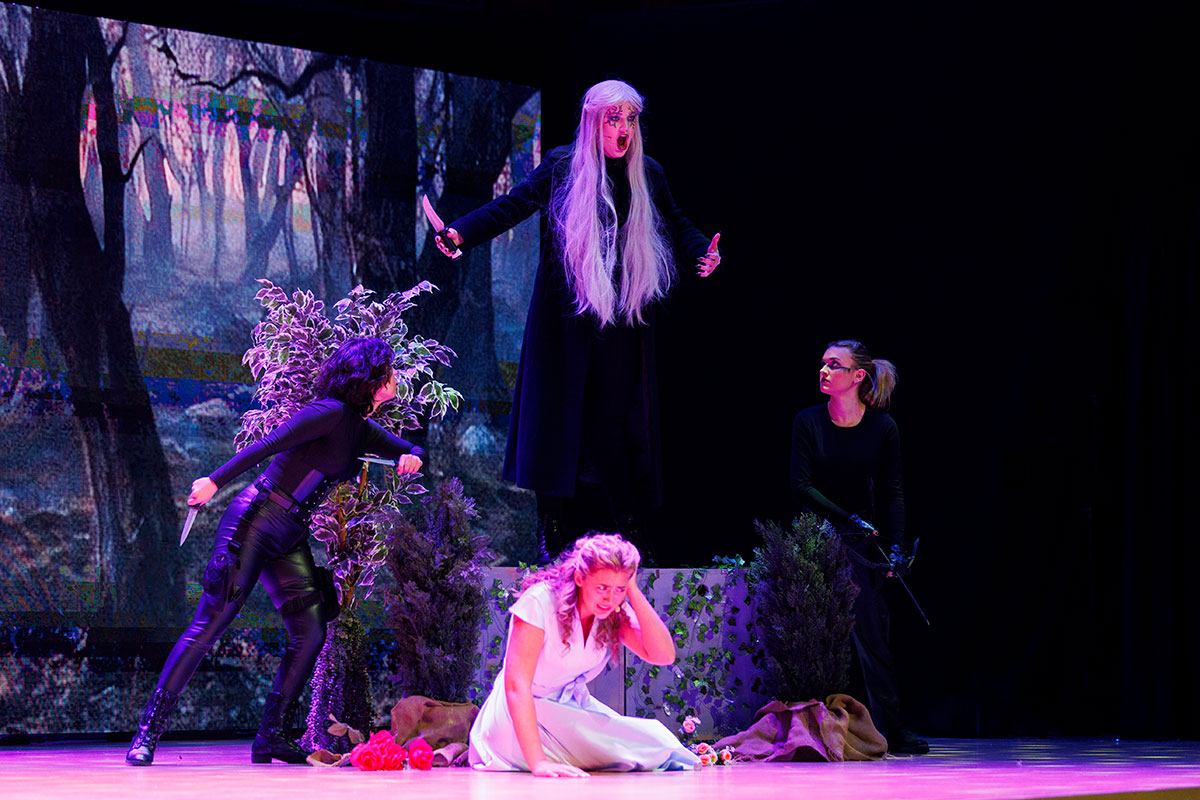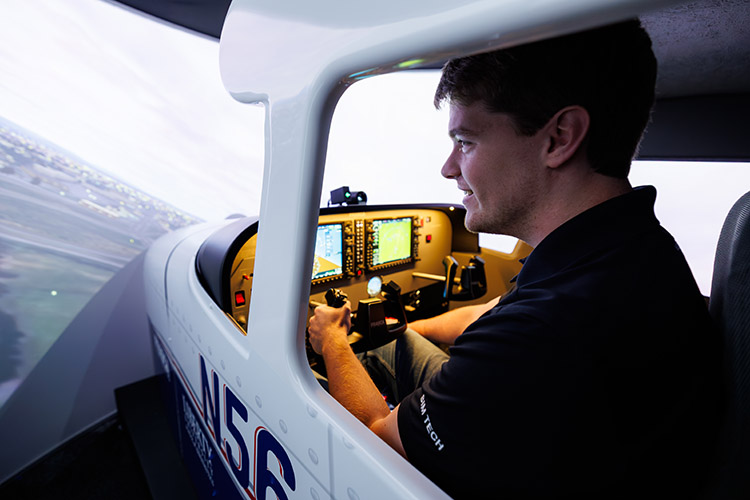Summer science research program returns to open doors for underrepresented students
August 19, 2022 : By Ryan Klinker - Office of Communications & Public Engagement
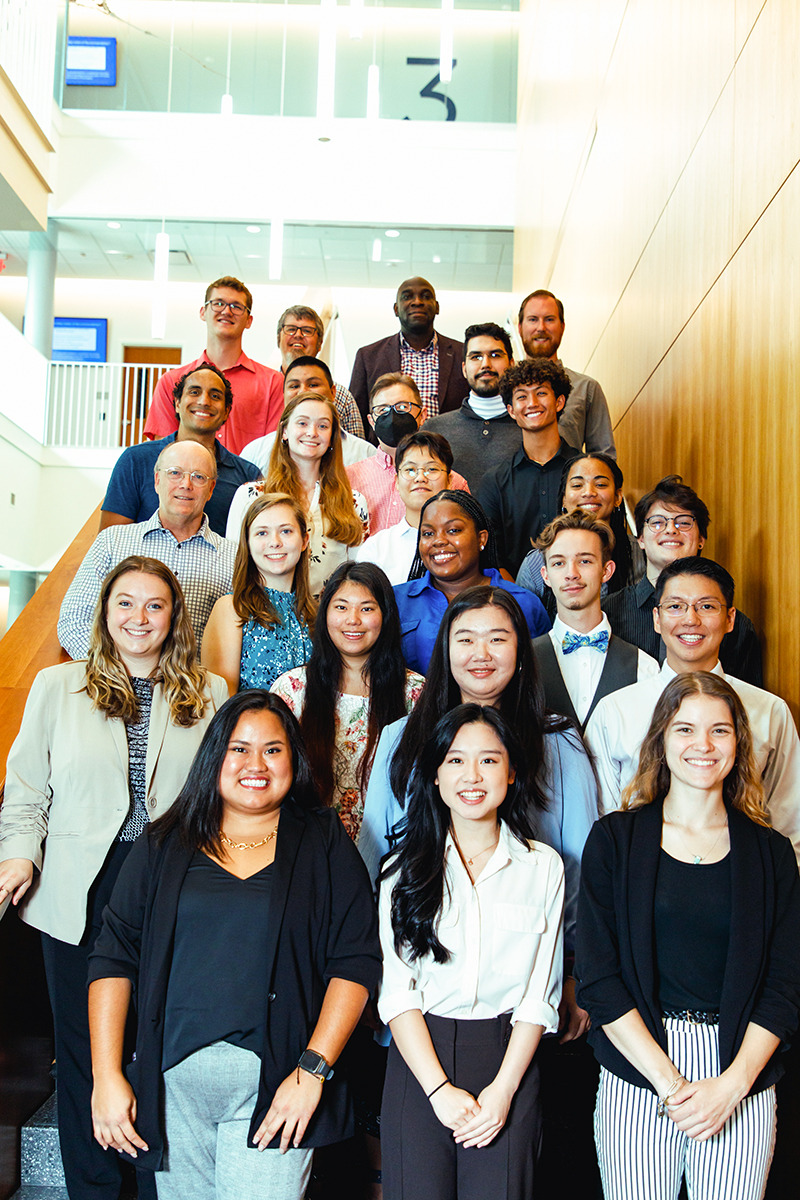
For the second summer, Liberty University’s Department of Biology & Chemistry hosted a six-week research program called ASSURE, created for students from demographics less represented in the sciences. Through the experience, the 23 students involved have become a community and have developed academically, relationally, and spiritually. ASSURE stands for Acquiring Skills for Students Underrepresented in Research Experience.
The students in the program were split into groups and assigned to work directly with one of eight Liberty professors on projects ranging from microbiology to immunology, chemistry, and physiology. While some studied a hormone of a local amphibian species, others analyzed the effect caffeine has on hyper-specific aspects of the human body, and some explored the properties and biological functions of a variety of enzymes, proteins, and genes.
Biology & Chemistry chair Dr. Jeremy Sellers explained that this second summer of ASSURE built up on the success of the first by implementing more group interaction and spiritual growth among the student teams. The students gathered throughout the summer to present their progress, join each other to worship and hear a devotional, and sometimes simply enjoy the summer season with social events.
“Last summer was very successful for its first year, and to have that additional Liberty level of spiritual integration as well as finding ways to nurture the team building and interactions was important to us,” Sellers said. “For these students, many of whom come from underrepresented backgrounds, teaching them even more about how to collaborate with others was a major goal. The research areas really covered the breadth of our department.”
“The students really embraced all of that, it felt like they were more of a unit, and it (achieved) the goal of this program of bringing together students who may be less confident in their scientific skills with others who are more confident,” said Dr. Gregory Raner, who led one of the research teams. “It helped them recognize that each of them has the talent and potential to excel in a science career.
Senior biomedical sciences student Phoebe Bridy joined ASSURE without any prior experience in biology or chemistry research. Having grown up in a small, rural area of Pennsylvania, she approached the summer knowing that the opportunity would help her gain useful skills for the future.

“The ASSURE program gives you a great opportunity for faculty mentorship, intensive research experience, and being taught how to communicate your scientific ideas in a way that other people can understand, all of which is so important to me,” Bridy said. “I saw this as an opportunity to better myself for my future goals.”
Working under biology professor Dr. Gary Isaacs with two other students, Bridy studied the enzymatic activity of a certain gene that Dr. Michael Price, a microbiology professor for the Liberty University College of Osteopathic Medicine, requested the group test and analyze. Even after the relatively short period of six weeks, Bridy said she learned many techniques and the dynamics of group research.
“The teamwork with my labmates was a learning experience because research is usually individual, especially at the graduate level,” she said. “It was an interesting experience being able to do research in conjunction with not only faculty but also other students. The community of the entire ASSURE program was special. The faculty really put a great foot forward and got us interested in doing research, and I would highly recommend this program to anyone seeking out research experience.”
This was the second summer in the program for biomedical sciences senior Michael Chembars.
“I had no research experience my first year, and I learned so many techniques and skills last year, so I wanted to repeat that experience and learn even more,” he said.
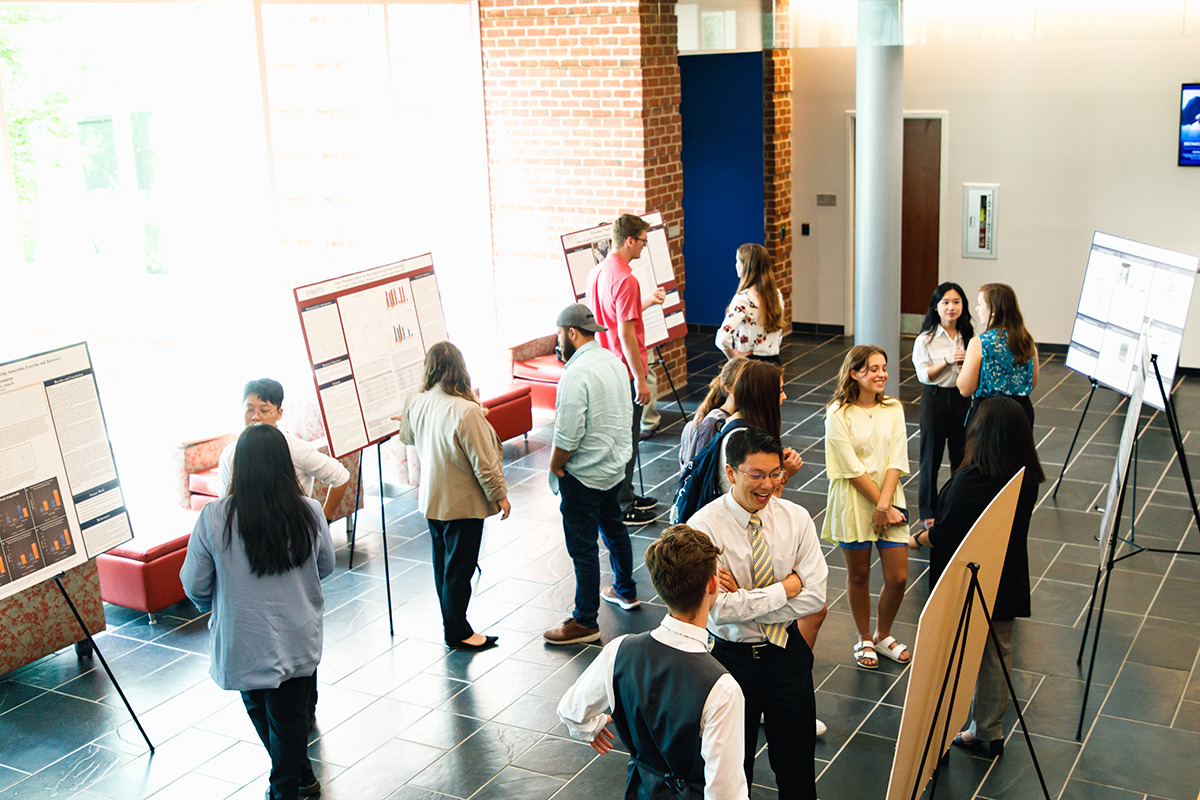 Led by biology professor Dr. Cory Goff, Chembars studied the primary stress hormone (corticosterone) present in the Peaks of Otter salamander, a species only found in the eponymous local mountain area that has inspired multiple studies by Liberty professors, some of which are still ongoing. The project hypothesized that learning more about this hormone could point to why these salamanders only exist in a certain area.
Led by biology professor Dr. Cory Goff, Chembars studied the primary stress hormone (corticosterone) present in the Peaks of Otter salamander, a species only found in the eponymous local mountain area that has inspired multiple studies by Liberty professors, some of which are still ongoing. The project hypothesized that learning more about this hormone could point to why these salamanders only exist in a certain area.
The student groups created posters summarizing their work and presented them on Thursday for their peers, department faculty and staff, and others interested during Welcome Week.
The ASSURE program is once again funded by a grant from Liberty’s Center for Research and Scholarship and supported by the Provost Office, and Sellers said the department is looking into options to continue the program for years to come.
“We’re really excited about the future of this program,” Sellers said. “(The Center for Natural Sciences) used to be quiet over the summers, but now to see students buzzing and working here during that time, using the wonderful equipment that we have, has been a vision realized.”
